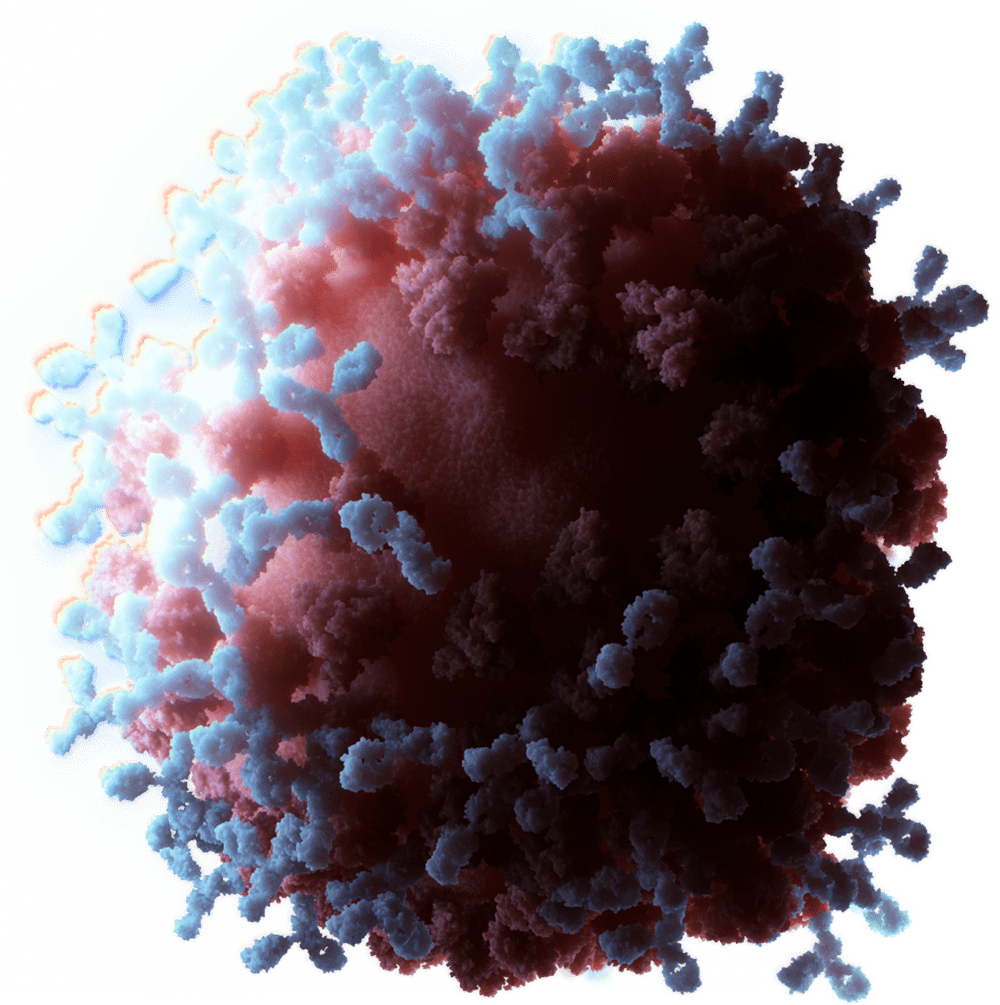We seek Ph.D. applicants who show great promise of successful careers in research.
Our applicants typically have strong undergraduate records, as well as previous laboratory experience and demonstrated experimental talents. We encourage applications from students in many different undergraduate majors, because the challenges of modern biochemistry demand interdisciplinary skills. However, most applicants have completed undergraduate courses in calculus, general physics, organic chemistry, biochemistry, or an advanced quantitative science such as physical chemistry.
The first year of the graduate program consists of formal lecture courses, three intensive laboratory “rotations” of three months each, and seminar courses in timely topics ranging from protein structure and function, to molecular and cellular biology. Courses emphasize critical thinking, and frequent faculty contact. Students are free to design individual course schedules that focus on macromolecular structure, biochemistry, or molecular, cellular, and developmental biology. By the end of the first year, students choose a thesis advisor and thesis project, and assemble a thesis committee of three to five faculty members who will provide advice throughout the period of doctoral work. Thesis research dominates the second and third years, although students often take a few additional courses. The department considers teaching experience to be an essential aspect of graduate education, so all students also serve as teaching assistants in two different courses, each lasting one academic quarter. Thesis research is usually completed, and the thesis written, during the fifth year. A detailed description of our graduate program and curriculum may be found under Graduate Program Guidelines.
New students enter the graduate program at the beginning of the Autumn Quarter. The application process is described in detail here. A strong college transcript is helpful, but most important are letters of recommendation from faculty who know you well, or have guided your research. The Admissions Committee will use all of this information, together with invited personal interviews, to admit a class of six to ten students each year, with the final selection occurring in the spring.
The department provides tuition and stipend for all students in good standing throughout their graduate work. The department also encourages you to apply for predoctoral fellowship support from the National Science Foundation, Howard Hughes Medical Institute (HHMI), or other agencies.
